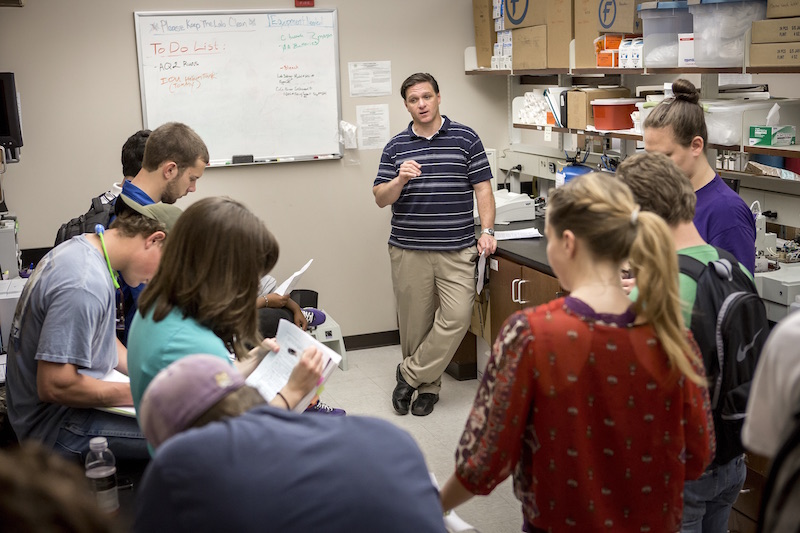About DOCS
The Department of Oceanography and Coastal Sciences (DOCS) applies physical, biological, and geological oceanography and coastal science research to pressing issues such as coastal land loss, fisheries management, and environmental hazards. Current research includes the effects of environmental stressors such as hydrocarbons and synthetic organic toxins on wetlands, the fate of primary nutrients such as carbon and nitrogen in coastal ecosystems, and the physical and biological consequences of toxic metal reactions in soils and sediment-water systems. Our diverse and world renowned faculty includes a staff of experienced modelers and geospatial technology experts.
The Coastal Ecology group provides university-based leadership and scientific expertise in finding solutions to environmental problems affecting coastal and marine environments.
The Coastal Fisheries group integrates knowledge from zoology, ecology, biochemistry, oceanography, economics, and law to address serious problems such as overfishing, pollution, habitat loss, and resource utilization disputes that threaten Louisiana's fishery resources, the economic well-being of important industries, and its rich coastal heritage.
The Wetland Biogeochemistry group investigates chemical and ecological interactions in marshes, mangroves, swamps, and flood plains of deltaic coastal settings. Research topics include chemical and biological behavior of plant nutrients and toxic substances in wetlands to understand the structure and function of coastal ecosystems.
Areas of faculty expertise include the environmental impacts of plant nutrients, pesticides, toxic heavy metals, hydrocarbons in wetlands, and coastal erosion.
DOCS maintains several laboratories, including the Coastal Ecology Research Lab, the Fisheries Science Research Lab, the Earth Scan Lab, the Wetland Biogeochemistry Analytical Services, which is a non-profit, fee-based laboratory for analytical procedures, and many more.